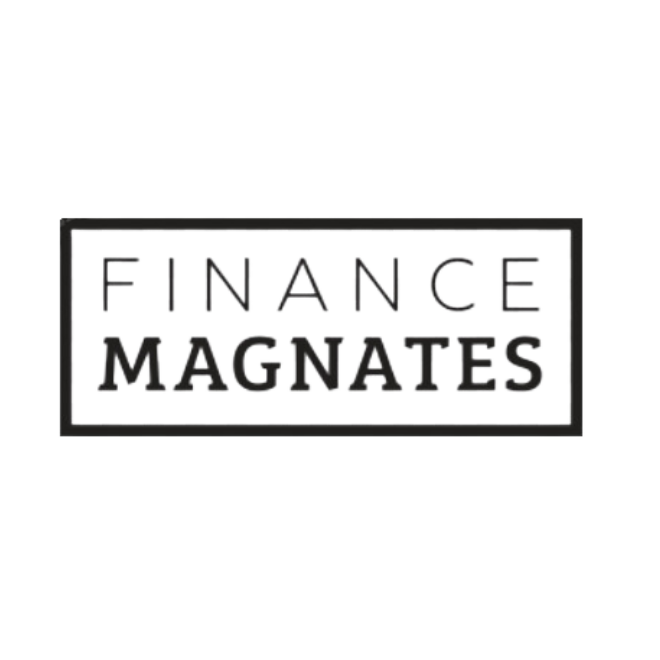
Today, small- to medium-sized companies (SMEs) represent some 90% of all businesses in the UK – and indeed, of all businesses worldwide. In the UK, these mid-sized, often family-run, companies – known in Germany as “Mittelstand” – play a crucial role in the UK economy. Nonetheless, while large corporates and businesses that make up just 10% of the pie tend to receive ‘white-glove’ treatment from banks with respect to day-to-day banking facilities and services, and access to financing, the UK Mittelstand (and SMEs in general) are typically far less favoured, on both counts.
SMEs make a massive contribution to the UK economy, generating around £2.5 trillion in annual turnover, and creating significant employment opportunities. Globally, this segment accounts for around 50% of all employment and is a significant contributor to economic development. Indeed, the World Bank estimates that for emerging economies in particular, SMEs represent c.40% of GDP.
Despite these big numbers, it remains the case that traditional “high street” and even challenger banking models do not appear to recognise the role and significant contribution of SMEs, particularly when it comes to their debt funding requirements, meaning that many of them face a constant battle just to survive, let alone to thrive. This is particularly true after two years of pandemic and lockdowns, and the subsequent era of high inflation, fears of recession, and radical interest rate hikes. As a 2022 McKinsey white paper noted: “SMEs fall between the cracks of retail and commercial banking”.
Greengage’s own client research suggests that only a small percentage of smaller business owners trust their banks to act in their best interests, and further, that they do not have access to the best financial solutions and/or their requests for service are often rejected without adequate explanation.
The harsh reality is that smaller businesses and sole proprietorships are more ‘needy’ in terms of their day-to-day banking, loan facilities and funding needs, while at the same time being relatively more expensive to service and with higher risk/lower return opportunities for their banks.
What all SMEs and entrepreneurs do have in common, however, is that they rate customer service – and specifically, personal customer service – at the top of their banking services wish list.
The UK might also look to other countries to see how they support the SME/Mittelstand segment. Germany, for instance, has an excellent structure through which smaller businesses access finance: Its ‘three pillar system’ allows for clear differentiation of the types of banking services that provide the best support for SMEs, and certain types of banks are legally obliged to prioritise lending to regionally-based customers (including SMEs).
The US community banking system also facilitates better access to lending for SMEs and in Sweden, Handelsbanken (one of the largest banks) grants individual branches a considerable degree of autonomy with respect to serving the needs of the local community. Of particular note – Handelsbanken has been operating in the UK since 1982 and now has over 200 branches nationwide, suggesting that this type of banking approach to SME finance is both possible and popular in the UK.
There can be no doubt that a more favourable lending and financing environment is an essential engine of growth for SMEs, for their own businesses and in terms of their contribution to the economy as a whole. Alternative approaches to providing banking services, including Community Development Finance Institutions (CDFIs), Co-operatives and Mutual societies, will all play a part in plugging funding gaps – estimated at £22 billion in the UK alone (£4.5 trillion globally), as will the swathe of new e-bank ‘disruptors’ like Starling, Monzo and indeed, Greengage.
Alongside a full-service model supporting a sophisticated, real-time, always on, transactions solution (payments and cards), Greengage intends to fill the SME funding gap with innovative lending solutions (entirely ring-fenced from the e-money transaction side of the business) and to leverage blockchain and digital assets channels to release funding and liquidity from digital sources, as well as traditional sources of lending (e.g. credit funds and family offices). By using the world as our balance sheet, our platform lending model, including innovative lender/borrower ‘matchmaking’, will give SMEs effective and efficient access to higher value funding than would likely be available through traditional banking channels which typically behave as tied agents, selling only their own lending products.
At the same time, we want to deliver a rich customer engagement experience. In line with broader industry research, Greengage’s own research ranks good customer service as a key requirement (and above a physical branch presence), alongside other selection (and loyalty) criteria of access to more products and services, robust online services (and service delivery) and critically, an informed, human point of contact with (old school relationship management).
What we found particularly interesting in our research is that it is not just about having/offering the lowest fees and charges. Underserved smaller businesses are evidently willing to pay a premium to have reasonable banking and payments requirements met fully, including better customer service standards. At the same time, account providers charging top end prices must deliver a superior customer service experience to persuade less than satisfied businesses to switch from their current providers.
As such, we deliver the best of both worlds – a contemporary digital merchant banking experience, underpinned by an old-fashioned, relationship-driven ‘branch manager’ approach based on personal contact and personalised support. We are convinced that this is a winning proposition to deliver value to our SME clients, and unlock the potential of the “UK Mittelstand” to contribute to domestic growth.
Learn more about our e-money account services here
Watch our e-money video here explaining more about our e-money services and how we differ from other
providers.
Read our e-money press release here.












